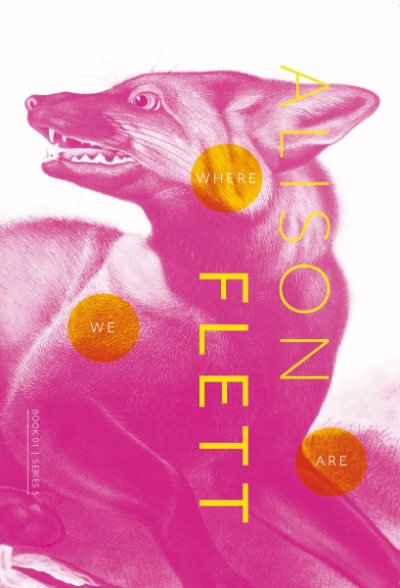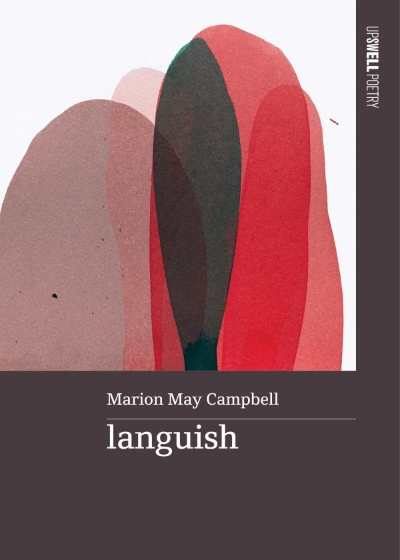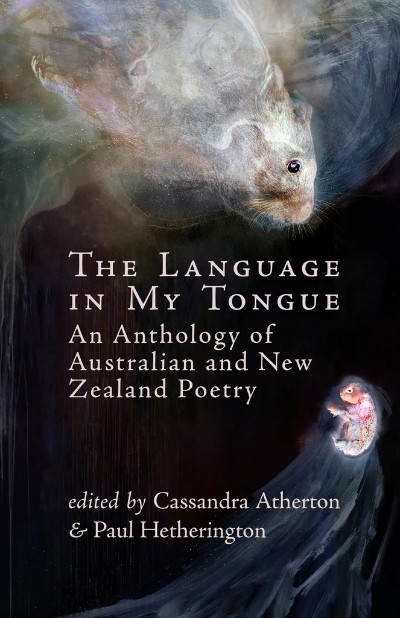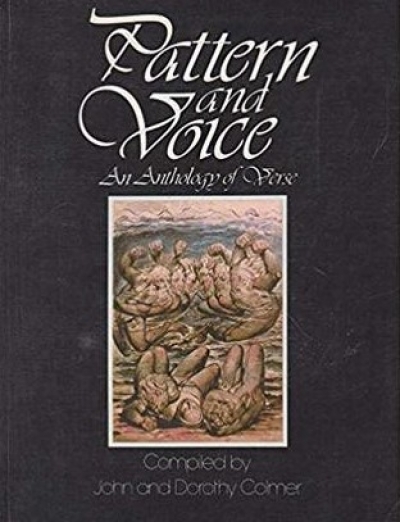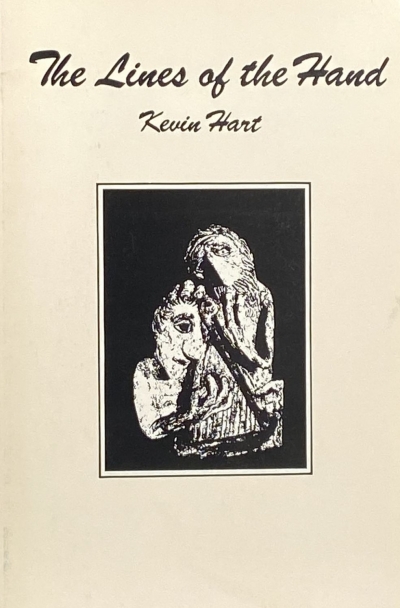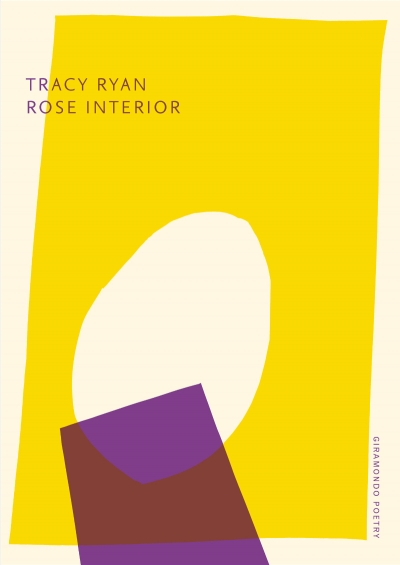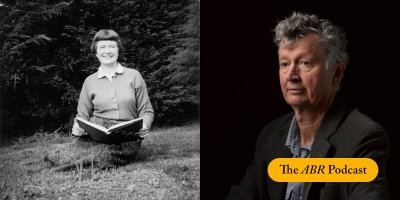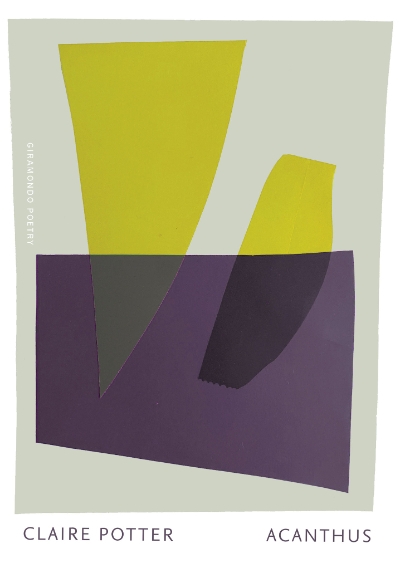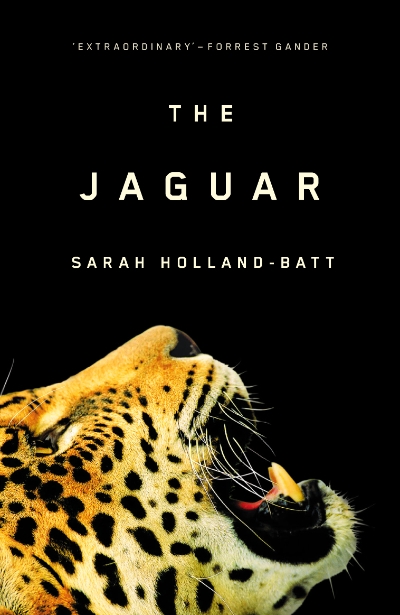Australian Poetry
Sign up to From the Archive and receive a new review to your inbox every Monday. Always free to read.
Recent:
It is usually true to say that poetry is difficult and criticism easy. In the present case, I am not sure that this is quite so true. What can any critic sensibly say about the present batch of books which range from Bruce Dawe ‘s Collected Poems 1954–1978, Sometimes Gladness, to reprints of minor colonial verse and includes the gentle nature mysticism of John Anderson’s The Blue Gum Smokes a long Cigar, reverently illustrated by Ned Johnson and produced by Rigmarole of the Hours, and the ambitious regionalism of the two books of Hunter Valley Poets, IV and V, edited by Norman Talbot?
... (read more)languish by Marion May Campbell & And to Ecstasy by Marjon Mossammaparast
The Language in My Tongue: An anthology of Australian and New Zealand poetry edited by Cassandra Atherton and Paul Hetherington
Ann-Marie Priest’s My Tongue Is My Own, published by La Trobe University Press and reviewed in our June issue, is the first authorised biography of the Australian poet Gwen Harwood (1920–1995). Unsurprisingly, this was not the first attempt to record the life of one of Australia’s most loved and admired poets. In an exclusive feature for ABR, John Harwood reflects on the conflicting motives behind his literary executorship of his mother’s estate – an estate holding the secrets to an at-times fractious marriage between two opposing temperaments.
... (read more)

